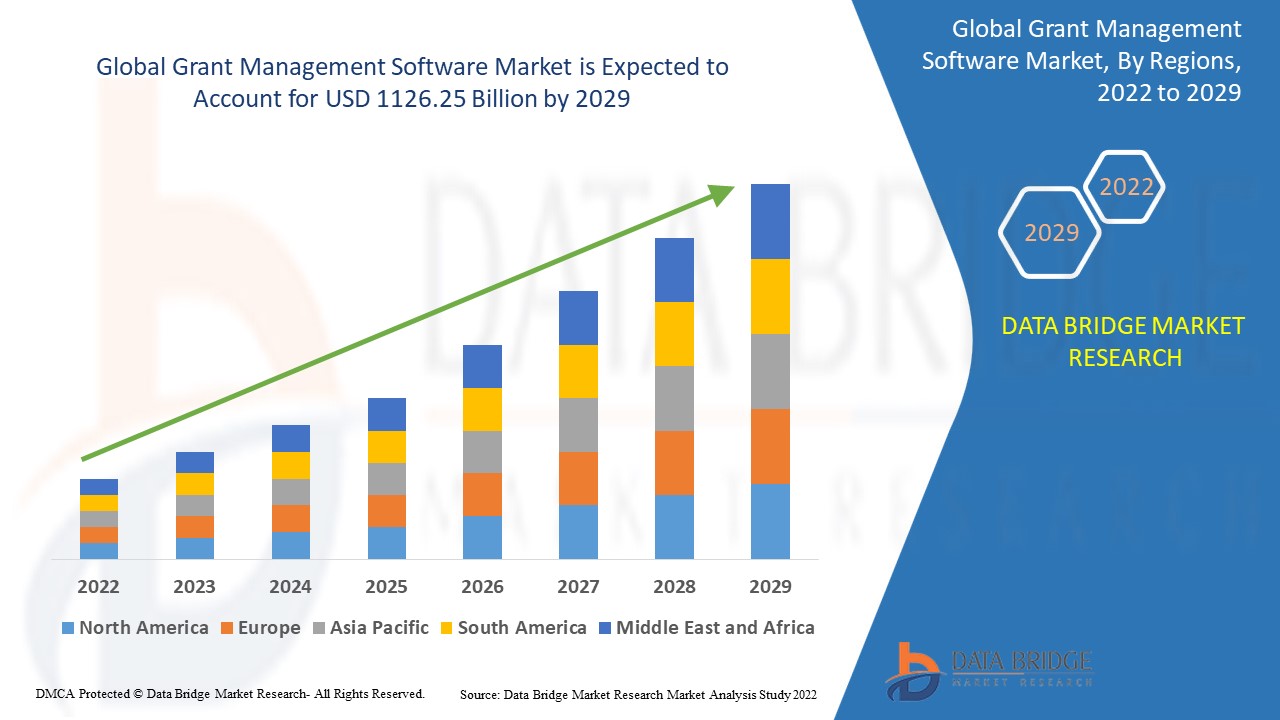Quantum Computing in the Cloud: Unlocking Unprecedented Computational Capabilities
**Quantum Computing and the Cloud: Exploring the Future of Computing Power**
The advent of quantum computing has sparked a revolution in the realm of computational capabilities. By harnessing the principles of quantum mechanics, quantum computers promise to solve complex problems that are currently intractable for classical computers. However, the development and deployment of quantum computers pose significant challenges.
The cloud computing paradigm offers a promising solution to these challenges. By leveraging the vast resources and infrastructure of cloud providers, researchers and developers can access quantum computing capabilities without the need for substantial upfront investments. This democratization of quantum computing has accelerated its adoption and opened up new possibilities for scientific discovery and technological innovation.
One of the key advantages of quantum computing in the cloud is the ability to scale computational power on demand. Cloud-based quantum computing platforms allow users to access a pool of quantum processors, enabling them to allocate resources dynamically based on their specific needs. This flexibility eliminates the need for dedicated hardware and reduces the cost of experimentation.
Moreover, cloud-based quantum computing provides a secure and reliable environment for sensitive computations. Cloud providers implement robust security measures to protect data and ensure the integrity of quantum algorithms. This is particularly important for applications involving confidential information or sensitive research.
The integration of quantum computing with cloud platforms also facilitates the development of hybrid computing models. By combining the strengths of classical and quantum computing, researchers can tackle problems that require both types of computational capabilities. This approach enables the efficient execution of complex algorithms that leverage the unique advantages of each computing paradigm.
As quantum computing technology matures, the cloud will play an increasingly vital role in its adoption and utilization. Cloud-based quantum computing platforms will provide the necessary infrastructure, scalability, and security to support the development and deployment of groundbreaking applications.
From drug discovery to materials science, quantum computing has the potential to transform various industries. By harnessing the power of the cloud, we can unlock the full potential of quantum computing and accelerate the pace of scientific progress and technological innovation.
The Convergence of Quantum Computing and Cloud: A Paradigm Shift in Data Processing
**Quantum Computing and the Cloud: Exploring the Future of Computing Power**
The convergence of quantum computing and cloud computing is poised to revolutionize the realm of data processing. Quantum computing, with its ability to harness the principles of quantum mechanics, offers unprecedented computational power that far surpasses classical computers. By leveraging the cloud’s vast infrastructure and scalability, quantum computing can be made accessible to a wider range of users and applications.
One of the key advantages of quantum computing lies in its ability to solve complex problems that are intractable for classical computers. These problems include simulations of molecular systems, optimization of financial portfolios, and the development of new materials. By harnessing the power of quantum entanglement and superposition, quantum computers can explore vast solution spaces exponentially faster than their classical counterparts.
The cloud provides an ideal platform for quantum computing due to its ability to offer on-demand access to computational resources. This eliminates the need for organizations to invest in expensive and specialized hardware, making quantum computing more accessible and cost-effective. Additionally, the cloud’s scalability allows for the seamless integration of quantum computing into existing workflows and applications.
The integration of quantum computing and the cloud has the potential to transform various industries. In healthcare, quantum algorithms can accelerate drug discovery and personalized medicine by simulating complex biological systems. In finance, quantum computing can enhance risk assessment and portfolio optimization, leading to more informed decision-making. Moreover, in materials science, quantum simulations can aid in the design of new materials with enhanced properties.
However, the convergence of quantum computing and the cloud also presents challenges. One of the primary concerns is the security of quantum systems. Quantum computers have the potential to break current encryption standards, necessitating the development of new cryptographic protocols. Additionally, the integration of quantum computing into existing cloud architectures requires careful consideration of compatibility and interoperability issues.
Despite these challenges, the potential benefits of quantum computing and the cloud are immense. As the field continues to mature, we can expect to witness groundbreaking advancements in scientific research, technological innovation, and societal progress. The convergence of these two transformative technologies is paving the way for a future where computing power reaches unprecedented heights, unlocking new possibilities and shaping the future of our digital world.
Quantum-as-a-Service: Democratizing Access to Quantum Computing through the Cloud
**Quantum Computing and the Cloud: Exploring the Future of Computing Power**
The advent of quantum computing has sparked a revolution in the realm of computing, promising unprecedented computational capabilities. However, the complexities and high costs associated with building and maintaining quantum computers have limited their accessibility to a select few. The emergence of Quantum-as-a-Service (QaaS) through the cloud offers a transformative solution, democratizing access to this groundbreaking technology.
QaaS platforms leverage the cloud’s vast infrastructure and resources to provide remote access to quantum computers. This eliminates the need for organizations to invest in expensive hardware and specialized expertise, making quantum computing more accessible to a wider range of users. By harnessing the power of the cloud, QaaS enables researchers, developers, and businesses to explore the potential of quantum computing without the associated financial and technical barriers.
The benefits of QaaS extend beyond accessibility. The cloud provides a scalable and flexible environment that can accommodate varying computational demands. Users can seamlessly scale up or down their quantum computing resources as needed, optimizing costs and ensuring efficient utilization. Additionally, cloud-based QaaS platforms offer a secure and reliable environment, ensuring the integrity and confidentiality of sensitive data.
The integration of quantum computing with the cloud has opened up new possibilities for innovation. Researchers can now access quantum computers remotely, enabling them to collaborate and share resources more effectively. Developers can leverage QaaS to create and test quantum algorithms, accelerating the development of quantum applications. Businesses can explore the potential of quantum computing for solving complex problems in areas such as drug discovery, materials science, and financial modeling.
As QaaS continues to evolve, it is expected to play an increasingly significant role in the future of computing. The democratization of access to quantum computing will foster a vibrant ecosystem of innovation, leading to breakthroughs in various fields. By harnessing the power of the cloud, QaaS is paving the way for a future where quantum computing becomes an indispensable tool for solving the most challenging problems of our time.



